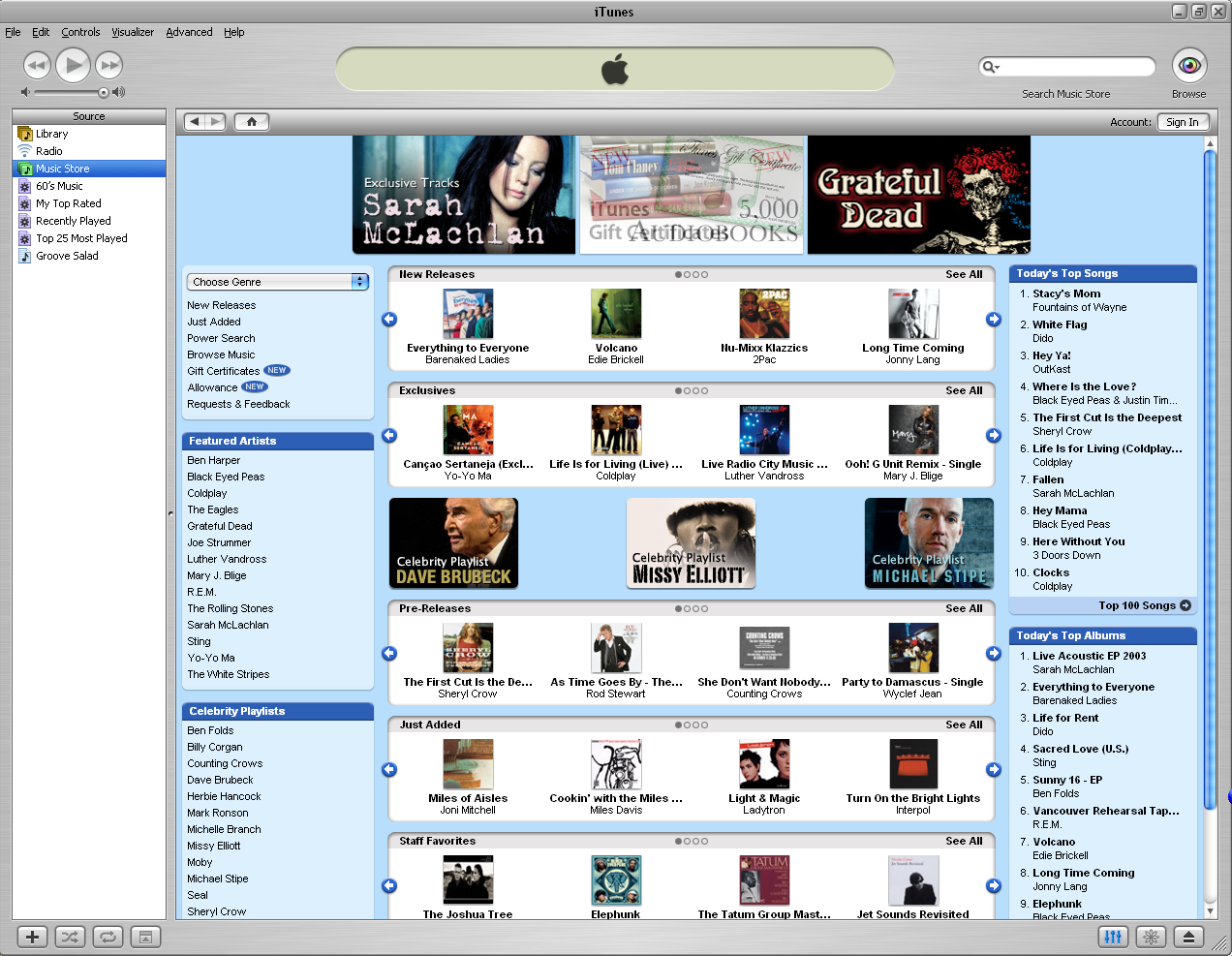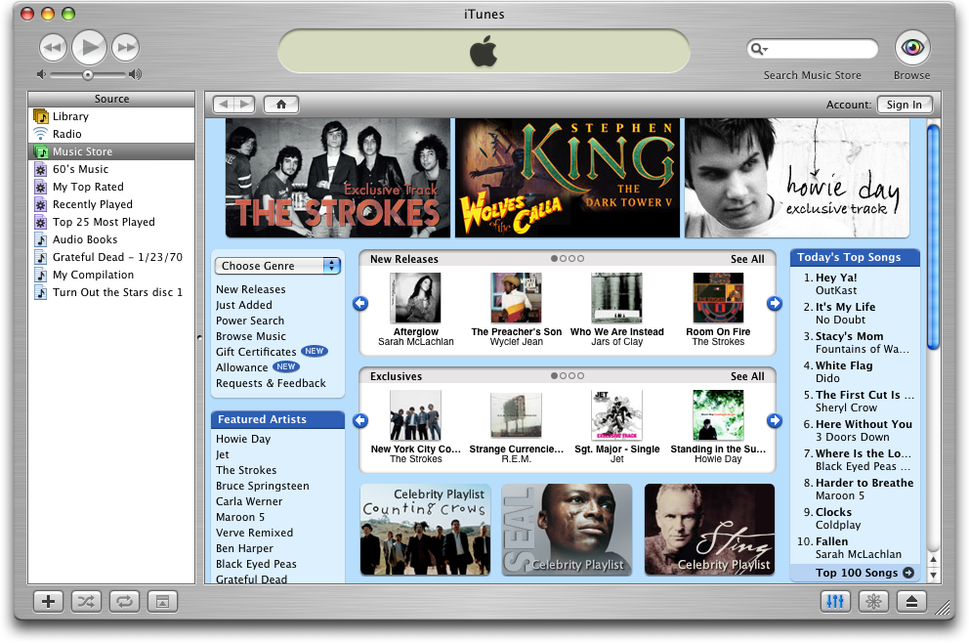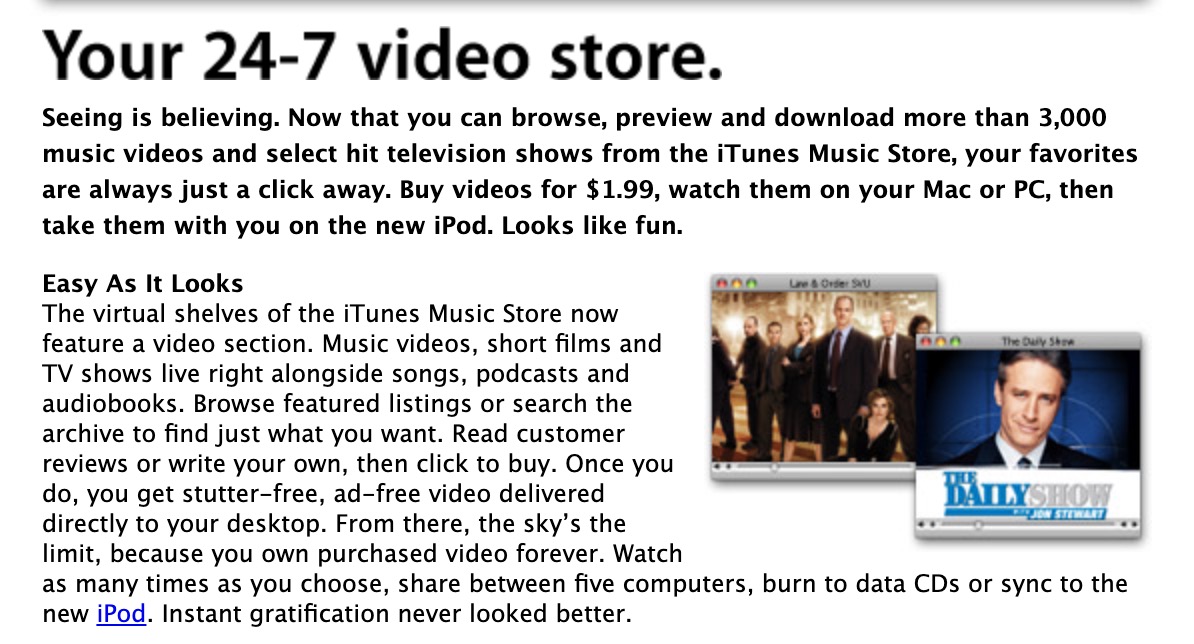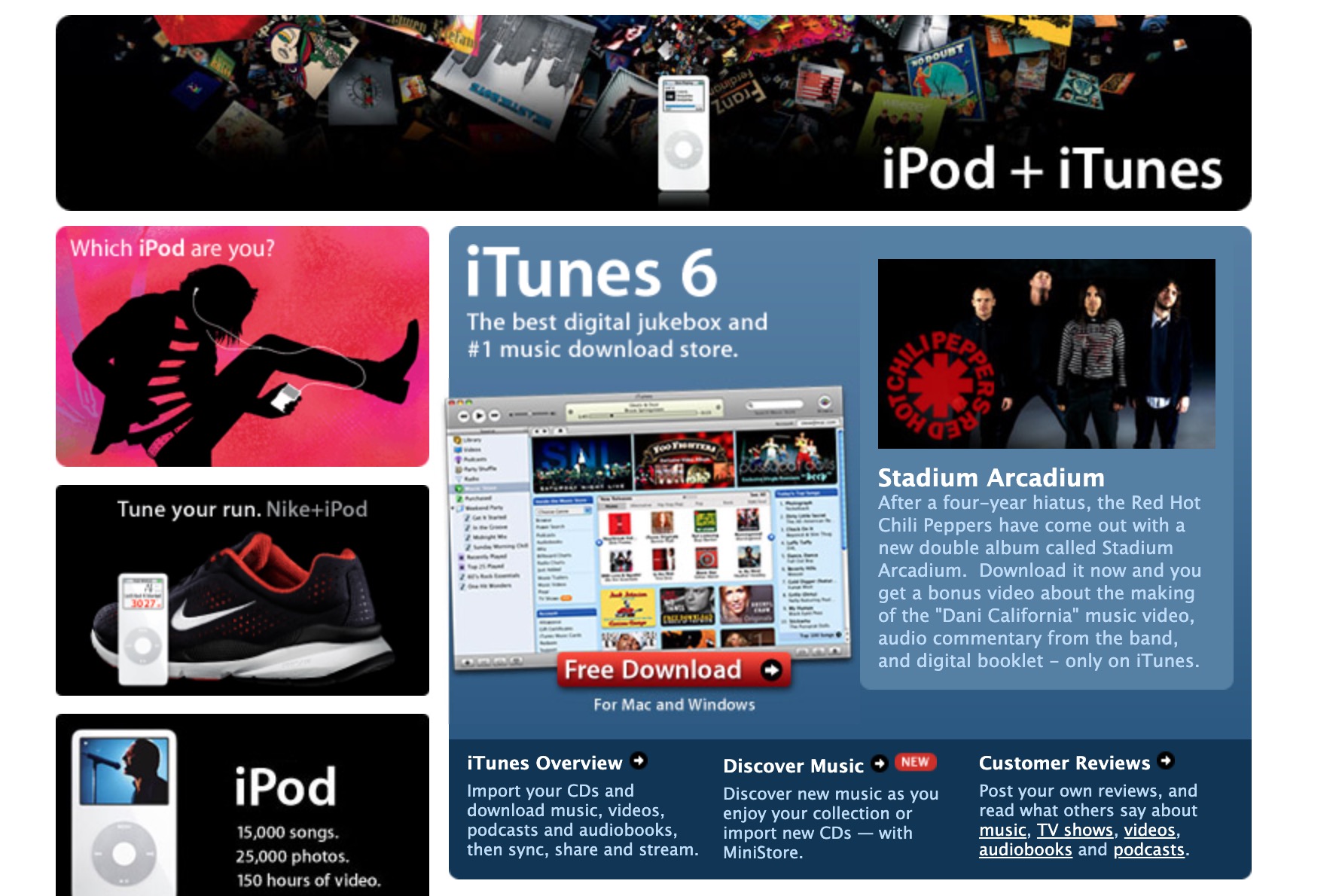When Apple's online music store iTunes first opened its virtual doors, many people—including some of Apple's top executives—expressed some skepticism about its future. But the iTunes Music Store was able to build its position on the market despite the fact that the sales principle it represented was rather unusual at the time. In the second half of November 2005 - roughly two and a half years after its official launch - Apple's online music store ranked among the top ten in the United States.
It could be interest you
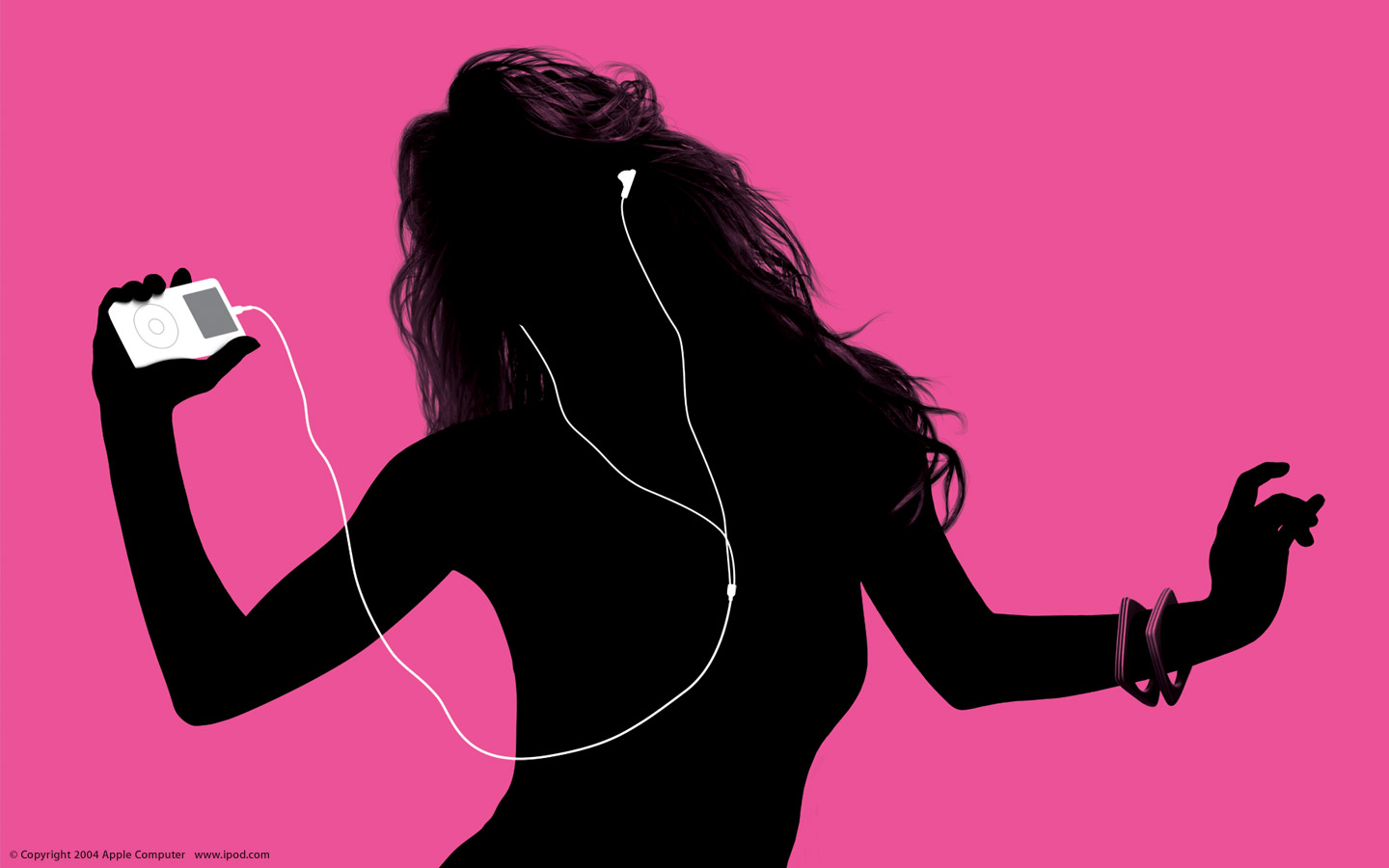
Even in 2005, a number of listeners preferred to buy classic physical media - mostly CDs - over legal online downloads. At that time, sales of the iTunes Music Store still could not match the numbers achieved by giants such as Walmart, Best Buy or even Circuit City. Even so, Apple managed to achieve a relatively significant milestone that year, which was important not only for the company itself, but also for the entire industry of digital music sales.
The news about the success of the iTunes Music Store was then brought by the analytical firm The NPD Group. Although it did not publish specific numbers, it did publish a ranking of the most successful music sellers, in which the apple online store was placed in a nice seventh place. At the time, Walmart topped the list, followed by Best Buy and Target, with Amazon in fourth place. Retailers FYE and Circuit City followed, followed by Tower Records, Sam Goody and Borders after the iTunes Store. Seventh place is seemingly nothing to celebrate, but in the case of the iTunes Music Store, it was proof that Apple managed to win its position in the market, which until now was exclusively dominated by sellers of physical music carriers, despite the initial embarrassment.
The iTunes Music Store was officially launched in the spring of 2003. At that time, music downloads were mainly associated with illegally obtaining songs and albums, and few could have imagined that online payments for legal music downloads could someday become the absolute norm and of course. Apple has gradually managed to prove that its iTunes Music Store is by no means a second Napster. As early as December 2003, the iTunes Music Store managed to reach twenty-five million downloads, and in July of the following year, Apple celebrated exceeding the milestone of 100 million downloaded songs.
It didn't take long, and the iTunes Music Store was no longer limited to selling music - users could gradually find music videos here, short films, series, and later feature films were added over time. In February 2010, the Cupertino-based company became the largest independent music retailer in the world, while competing retailers sometimes struggled to survive. Today, in addition to the iTunes Store, Apple also successfully operates its own music streaming service Apple Music and streaming service Apple TV+.

